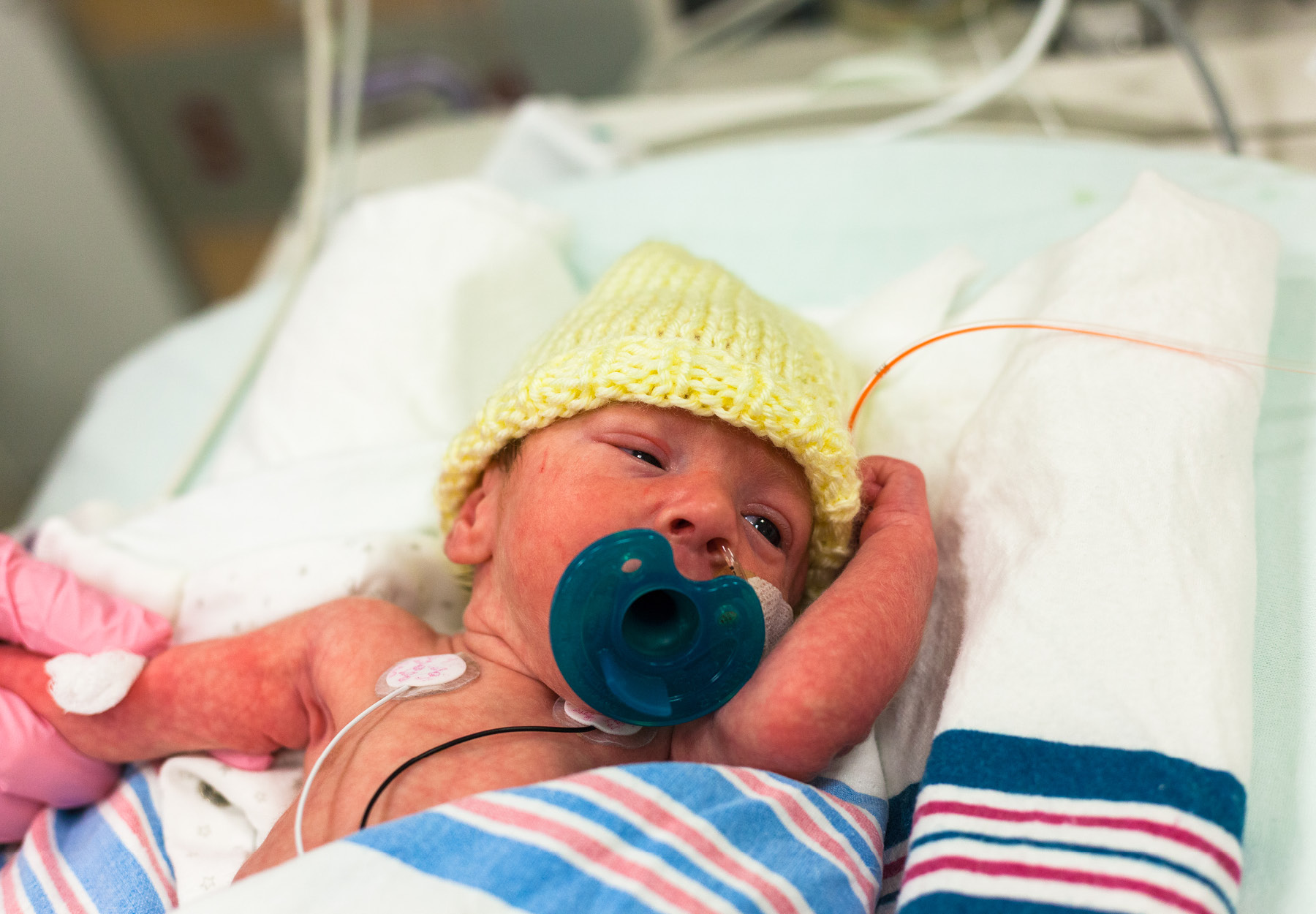Currently, monitoring a baby for dehydration in newborn intensive care units (NICUs) involves blood draws taken twice a day to monitor electrolytes. A new tool created by researchers at Washington State University could eliminate this procedure, which they note is painful and only provides a picture of an infant’s electrolyte levels at the time of the blood draws.
They developed a bioelectronic “smart” pacifier that wirelessly and continuously monitors babies’ electrolyte levels through their saliva, which they describe in a proof-of-concept study published in the journal Biosensors and Bioelectronics.
According to the researchers, though current options exist for measuring electrolytes via saliva, these products are too rigid and bulky to be used for continuous, real-time electrolyte monitoring. Their smaller, portable system, which monitors potassium and sodium levels continuously in real time, solves these issues with its ultralightweight design meant to easily fit most commercially-available pacifiers, the researchers explain in the study abstract.
After testing the pacifier on babies in the intensive care unit, the researchers found that it performed similarly to blood draws in terms of the data it produced, according to a press release on the study.
The device also easily collects saliva from infants’ mouths and can be easily calibrated, unlike current options, the researchers say.
“In vivo study with neonates in the intensive care unit captures the device’s feasibility and performance in the natural saliva-based detection of the critical electrolytes without induced stimulation,” the researchers write in their study abstract.
